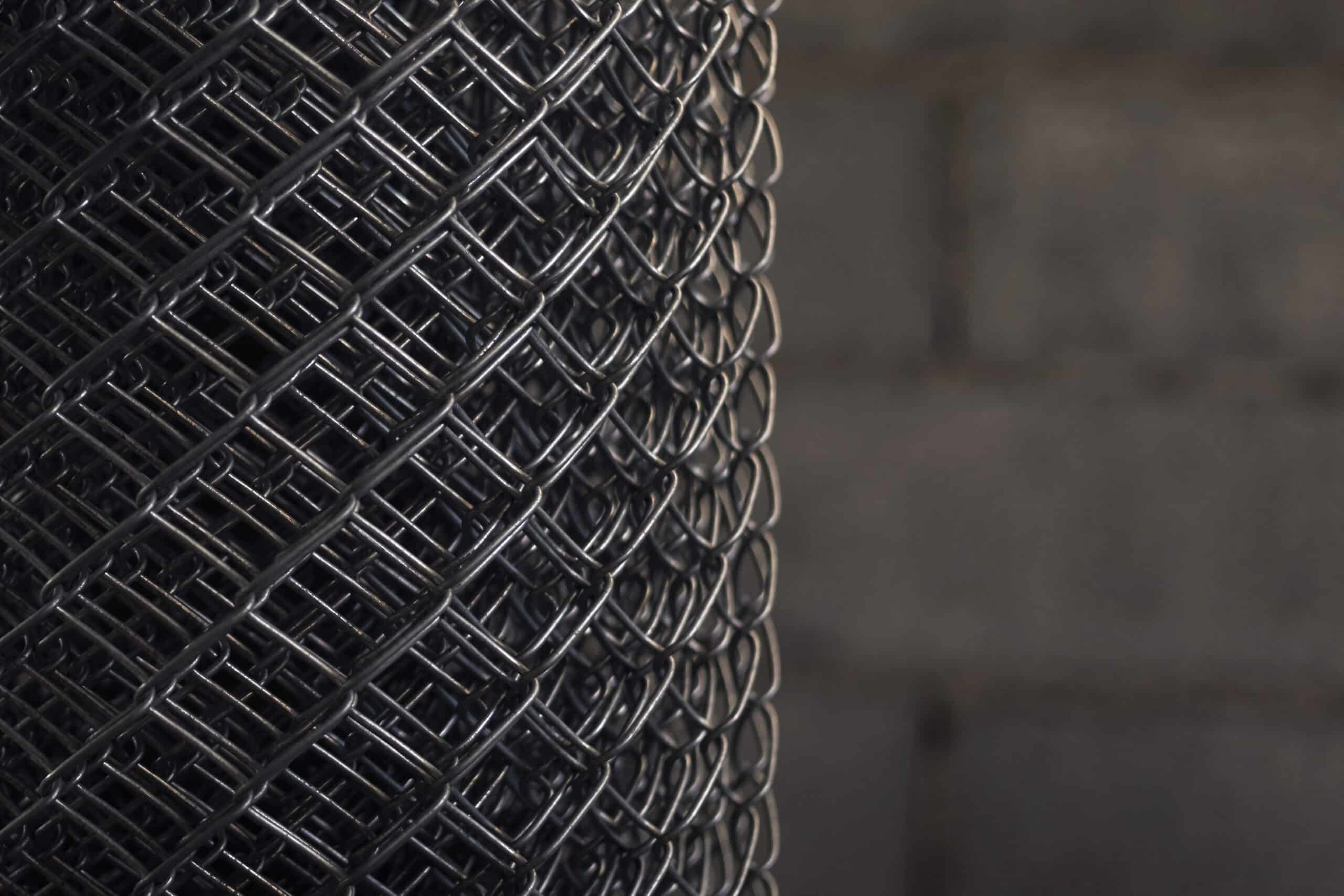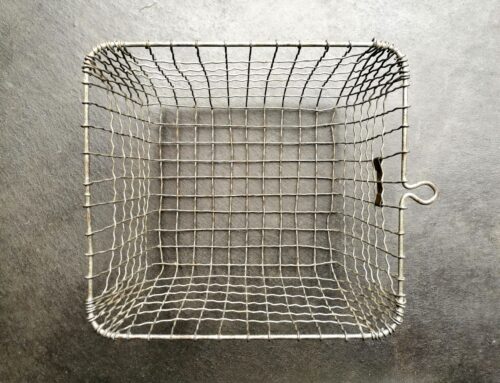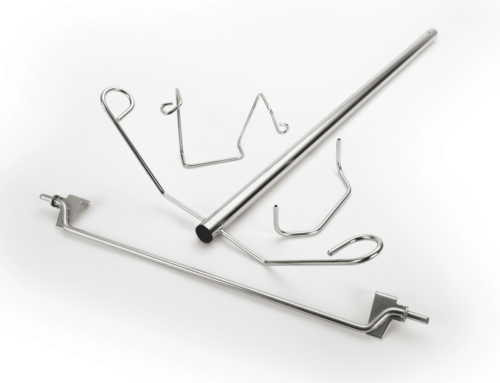Steel wire forming is a process in which steel wire is bent or shaped into a desired shape or form. Steel wire is a versatile material and has a wide range of applications, from manufacturing to construction. The properties of steel wire make it an ideal material for wire forming, and its strength, durability, and corrosion resistance are highly valued in various industries.
One of the most important properties of steel wire is its strength. Steel is known for its exceptional strength, and this property makes it an ideal material for wire forming. Steel wire is strong enough to withstand heavy loads and is highly resistant to wear and tear. It can also be used in harsh environments, as it is highly resistant to corrosion and rust. These properties make steel wire ideal for use in applications that require high strength and durability, such as construction and engineering.
Another important property of steel wire is its ductility. Ductility is the ability of a material to bend or deform without breaking. Steel wire has high ductility, which means it can be bent, twisted, and shaped into various forms without breaking. This property makes steel wire ideal for use in wire forming applications where complex shapes are required.
In addition to strength and ductility, steel wire also has excellent corrosion resistance. Steel wire is highly resistant to corrosion and rust, which makes it ideal for use in outdoor applications. Steel wire is often used in fencing and construction applications where it is exposed to the elements. The corrosion resistance of steel wire is due to the presence of a protective oxide layer on the surface of the wire. This oxide layer prevents the wire from rusting and corroding, which extends the lifespan of the wire.
Steel wire can be used in a wide range of applications, including construction, manufacturing, and engineering. In the construction industry, steel wire is often used to reinforce concrete structures. Steel wire is highly durable and can withstand the heavy loads and stresses that are placed on concrete structures. It is also used in the production of bridges, tunnels, and other infrastructure projects.
In the manufacturing industry, steel wire is used in the production of a wide range of products. Steel wire is often used in the production of springs, fasteners, and other mechanical components. It is also used in the production of wire rope, which is used in cranes, elevators, and other lifting applications.
Steel wire is also used in the automotive industry. It is used in the production of suspension systems, steering systems, and other mechanical components. Steel wire is highly durable and can withstand the stresses and strains that are placed on automotive components.
Steel wire forming is a versatile process that can be used in a wide range of applications. Steel wire has excellent strength, ductility, and corrosion resistance, which makes it ideal for use in construction, manufacturing, and engineering applications. The properties of steel wire make it highly valued in various industries, and its durability and strength make it an ideal material for wire forming. With its wide range of applications and excellent properties, steel wire is a valuable material that will continue to play an important role in various industries for years to come.





